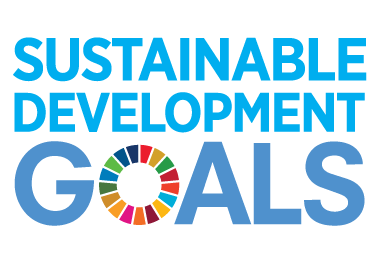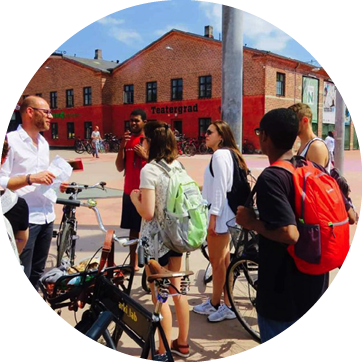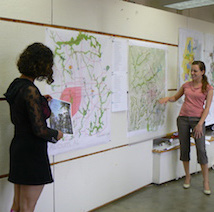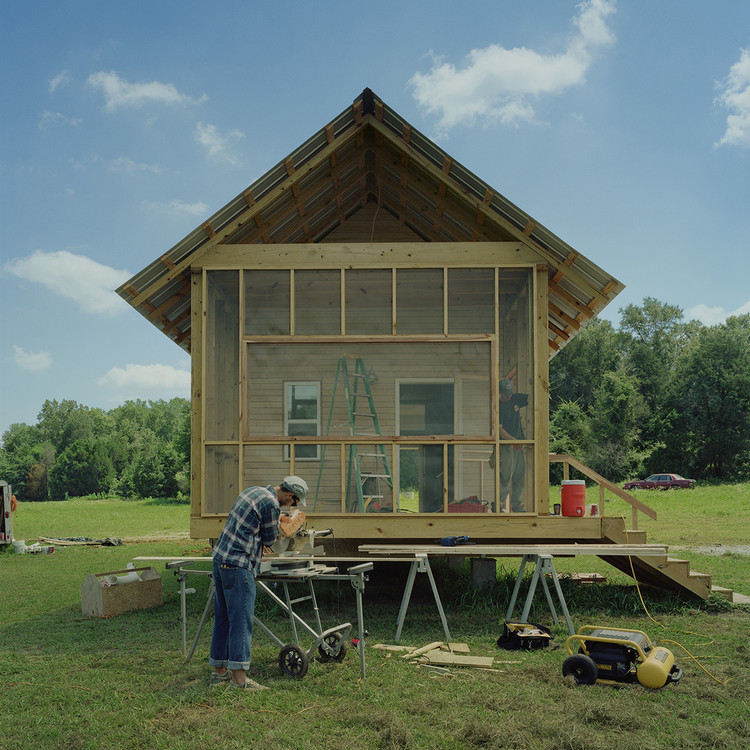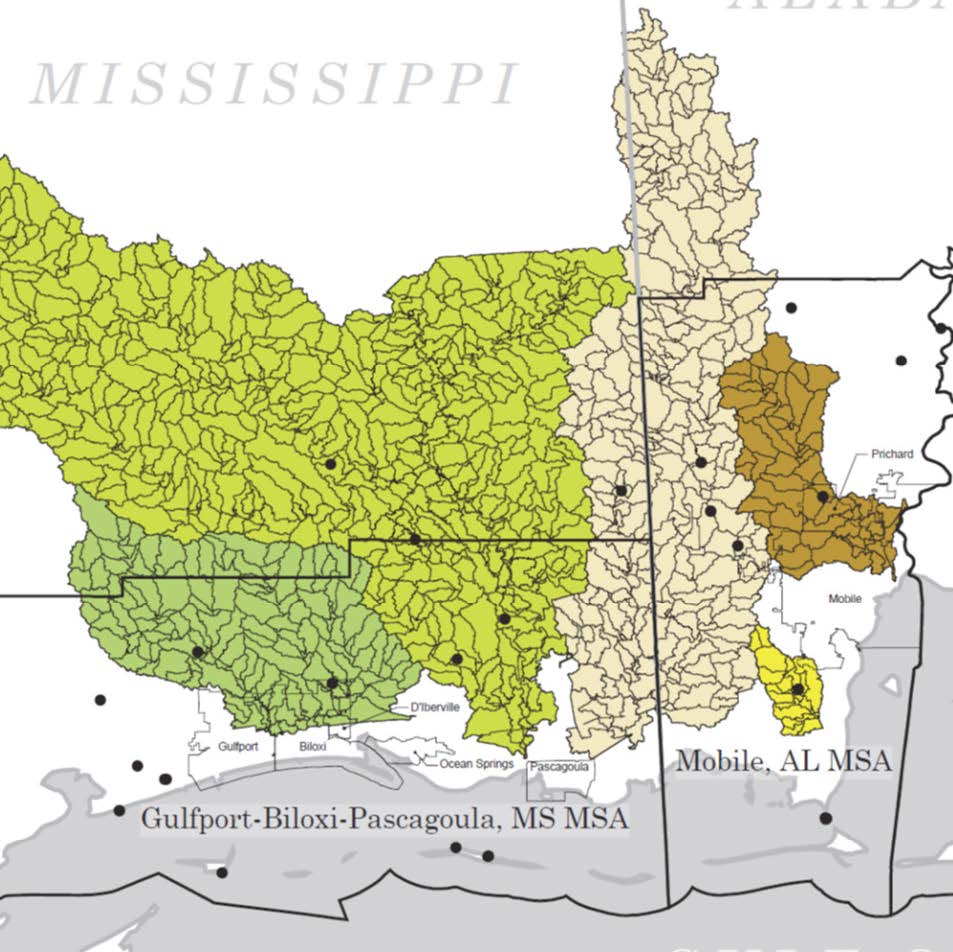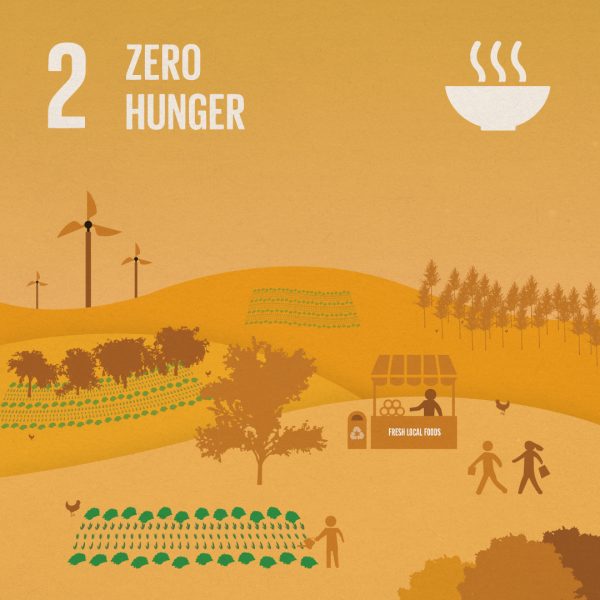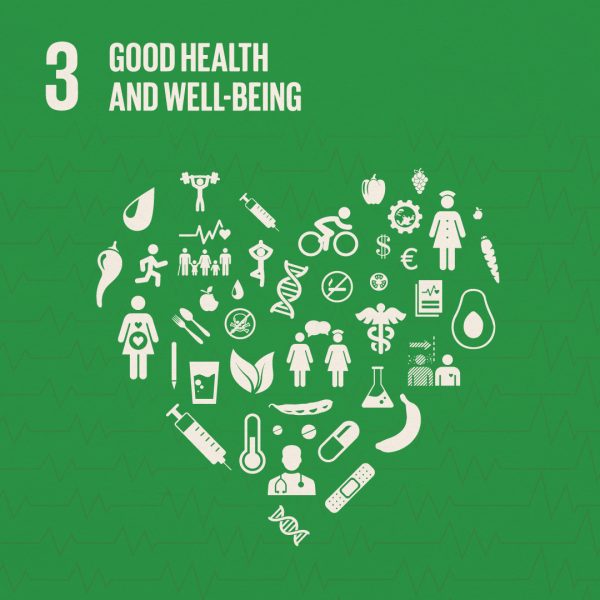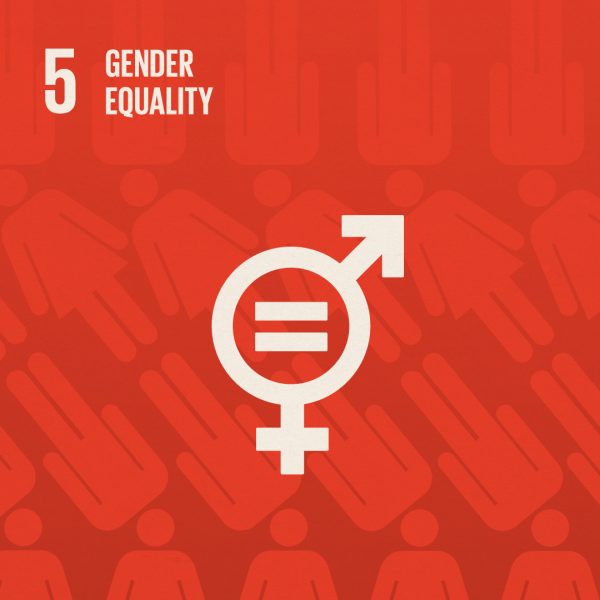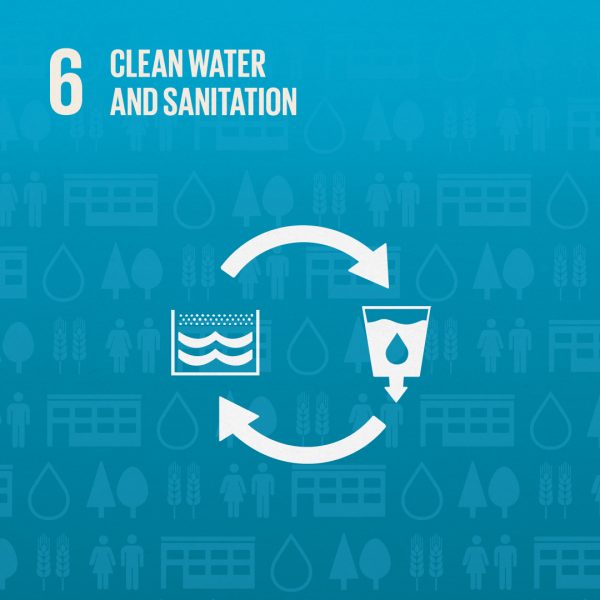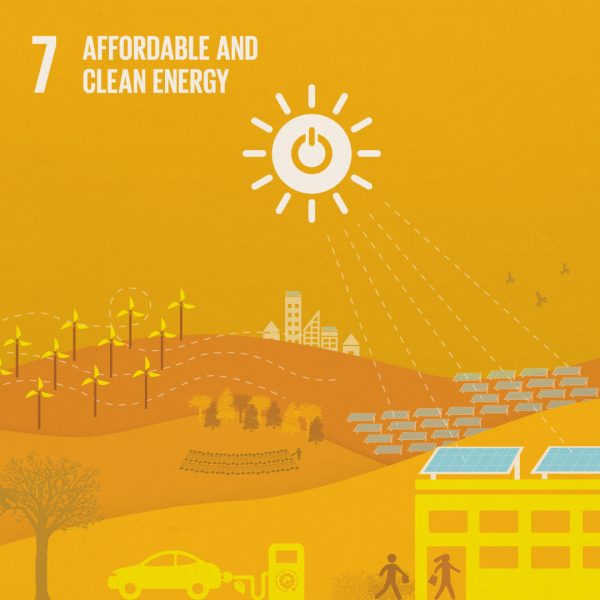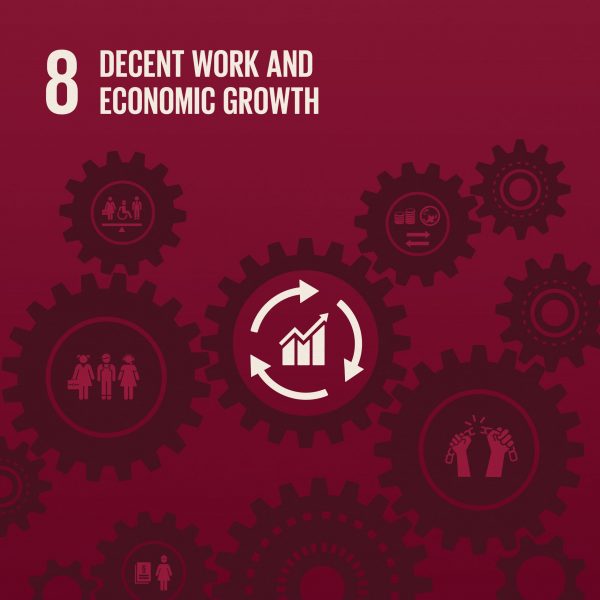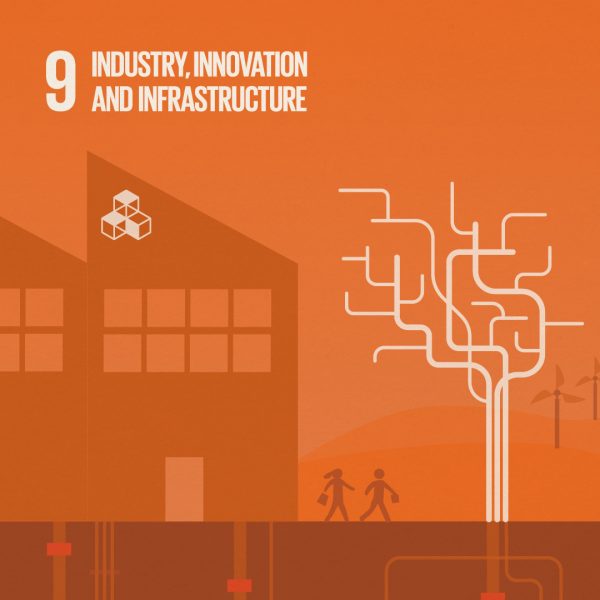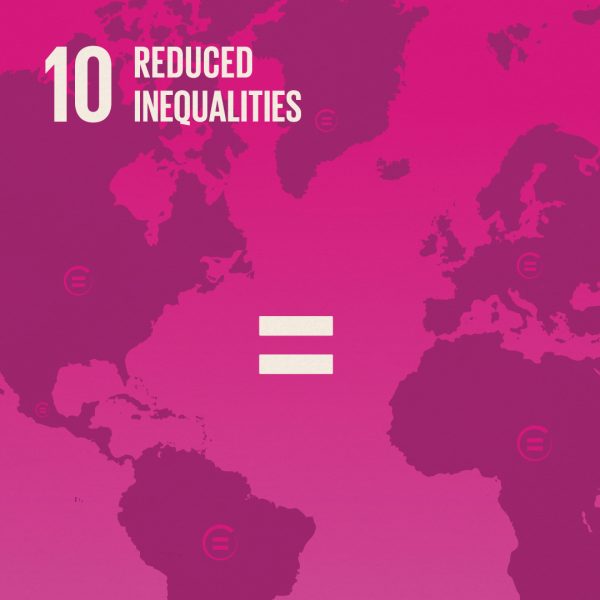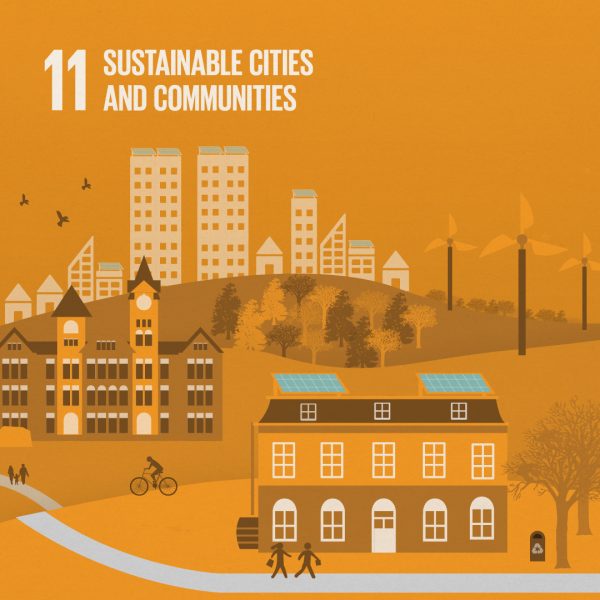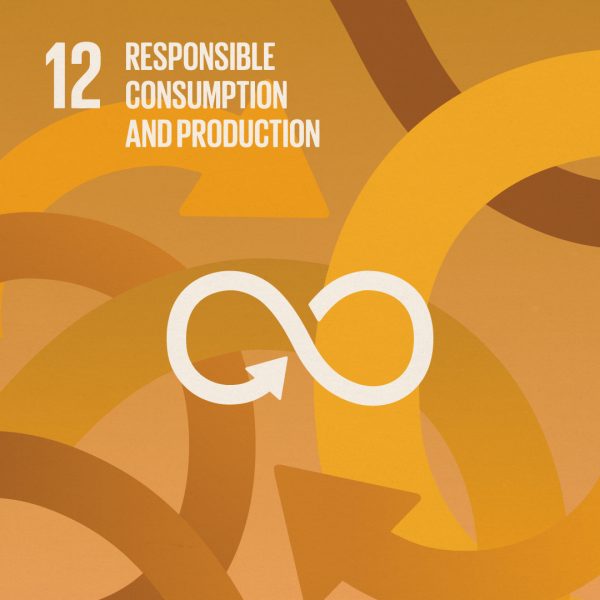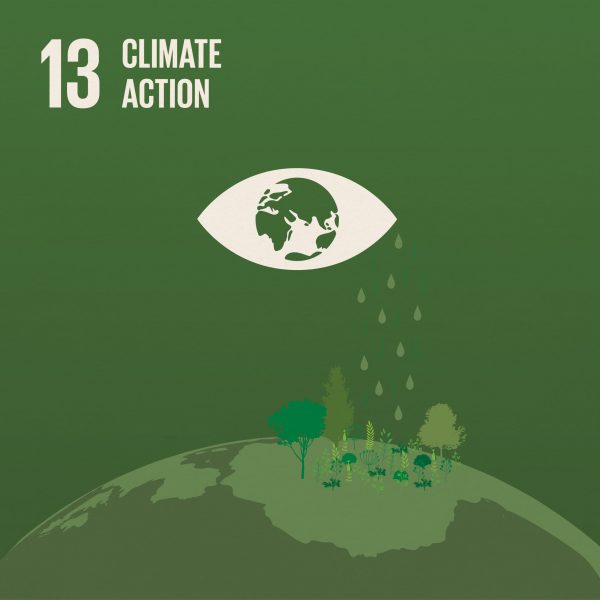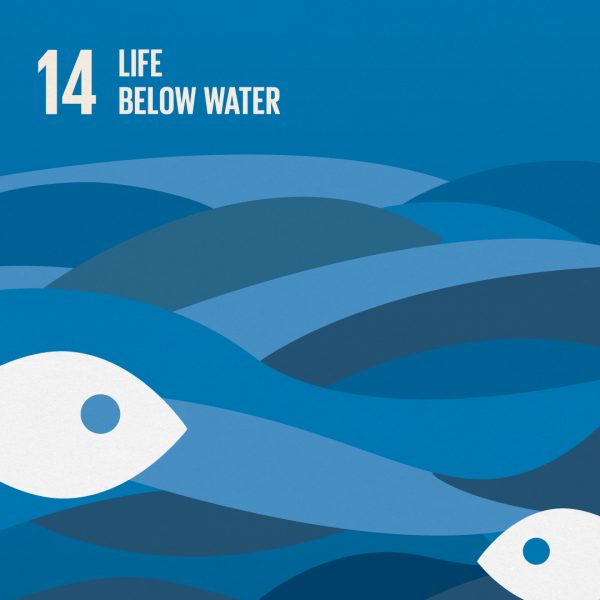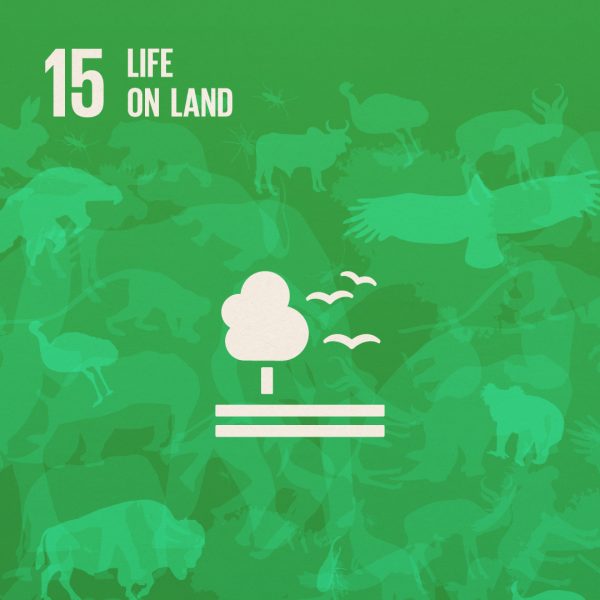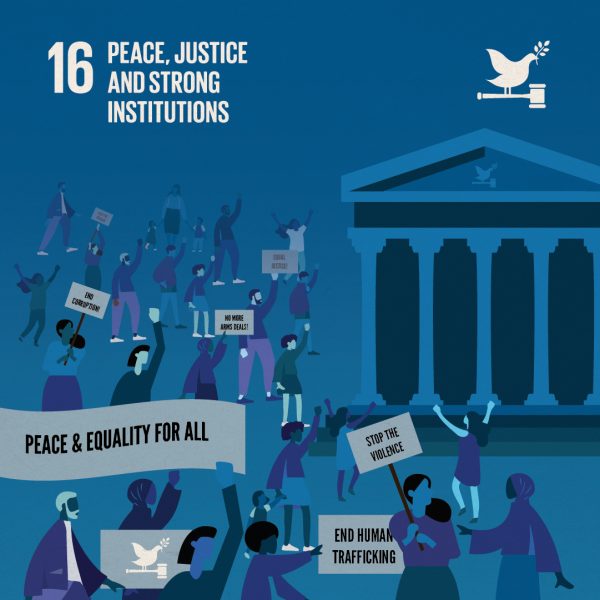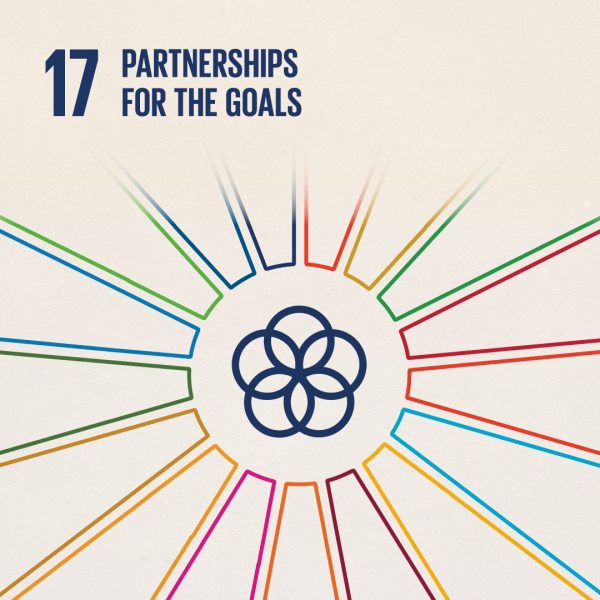By Hannah Schwartz Reducing waste is a cornerstone of sustainable practice for universities worldwide. By minimizing their ecological footprint, institutions not only contribute to a cleaner, healthier environment but also demonstrate a commitment to responsible stewardship. From conserving natural resources to saving costs and inspiring future generations, waste reduction in…
By Randy Martin & Bella Wright A quick look at the top public colleges reveals that in each of their strategic plans, sustainability is taken seriously and given a prominent seat in the future of their institutions. This isn’t for show. Beyond the “good citizen” reasons, it's a smart business…
By Bella Wright Building and innovation are pivotal to advancing society. However, how we build can have significant impacts on our planet and our future. To ensure the health and well-being of our planet, it is important to practice sustainable building of infrastructure and sustainable operations management. The STARS* assessment…
By Hannah Schwartz Conserving water is crucial for the health of our planet and future generations. With water scarcity continuing to be a pressing global issue, every drop saved makes a difference. By reducing water usage, we protect ecosystems, wildlife, and agricultural lands that rely on this precious resource. With…
By Bella Wright “Find where there’s a need, and go meet that need” ~ EL Spencer This philosophy is what led Blake Butcher to where he is today: Auburn University. Blake began his work in the Auburn community as a personal trainer. Over the span of fifteen years, Blake and his wife…

